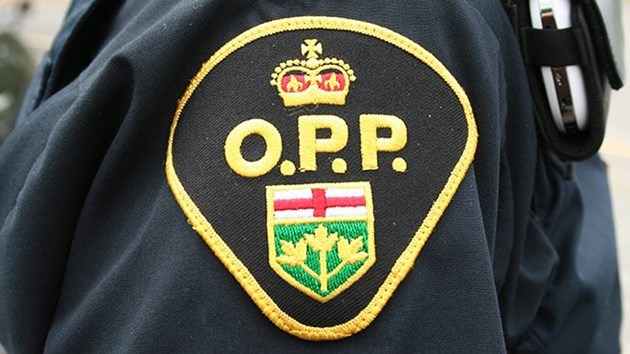THUNDER BAY — Provincial announcements around housing and strong mayor powers hogged the spotlight at a recent conference of Ontario municipalities, but members of Thunder Bay’s delegation say the meeting also delivered important headway on issues like addictions and guns and gangs.
That includes an allocation of new OPP officers dedicated to guns and gangs issues in the Thunder Bay area and potential provincial interest in funding a safe sobering site, said city councillors who attended the Association of Municipalities of Ontario (AMO) conference in London this week.
Delegates also reported meetings with provincial ministers at the conference helped shore up support for attracting lithium refining to Thunder Bay.
The city’s AMO delegation included Mayor Ken Boshcoff, Couns. Kristen Oliver, Shelby Ch’ng, and Kasey Etreni, and city manager Norm Gale. Coun. Brian Hamilton also attended as a representative of the District of Thunder Bay Social Services Administration Board.
Guns and gangs officers coming: Ch’ng
Ch’ng called a meeting with Solicitor General Michael Kerzner a standout, saying he had discussed details of a provincial guns and gangs commitment for Thunder Bay.
“We were told that… we're going to see two OPP officers dedicated for guns and gangs… and they're fully funded through the province, as well as a possible third that is an unfunded position.”
“We still need to work on some details about that, but we are receiving two full-time police officers to help us deal with guns and gangs.”
Local leaders also raised the need for forensic autopsy capabilities in Thunder Bay in the meeting with Kerzner, Ch’ng said.
The Thunder Bay Regional Health Sciences Centre informed the Office of the Chief Coroner it would no longer be able to perform autopsies connected to police death investigations earlier this year, a move the Thunder Bay Police Service says will cause delays and strain its staffing resources.
Local health groups champion safe sobering site
Oliver said she was cautiously optimistic Minister of Health Sylvia Jones had proved receptive after a discussion with Thunder Bay delegates around a safe sobering site proposed by local health organizations.
“I think she's excited to know that there is a proposal that's coming her way in the next couple of months and we were appreciative of the ability to put that front and centre for her,” she said.
Multiple inquests, including the one that examined the deaths of seven Indigenous youth in Thunder Bay, have recommended funding more safe sobering sites in the city.
Those kinds of services are desperately needed and will bring widespread benefits, Oliver said.
“When we talk about how important these types of facilities are, it's not only for the people that are experiencing trauma and addiction on the streets to get that medical help that they need,” she said. “It also alleviates the pressure off our EMS and police, by having a place where they can safely take someone to receive the care they need, and then continue on their way to other acute care calls.”
The proposed safe sobering site is separate from a mental health and addictions crisis centre that local health groups have also proposed, and that local leaders have said is badly needed — but has struggled to attract provincial funding.
While Thunder Bay leaders highlighted positive outcomes from the conference, AMO itself released a more critical statement highlighting demands for more action on homelessness, saying urgent action is needed to move beyond a crisis response and address root causes like housing, income security, and health.
“While the Ontario government has made recent and helpful investments in mental health, public health and housing, our province continues to have the lowest per capita spending on services in Canada,” the group stated.
It called on the government to immediately increase social assistance rates, increase the supply of deeply affordable community housing, and continue to increase base funding for the emergency shelter system through the Homelessness Prevention Program.
In a statement provided to TBnewswatch on behalf of the ministries of community and social services and municipal affairs and housing, the government did not directly address the AMO’s asks, but defended its record on issues of poverty and homelessness.
That record includes a near tripling of Thunder Bay’s homelessness prevention funding and substantial increases to the Ontario Disability Support Program and indexing those rates to inflation, the government noted.
Critics argue the increases still leave ODSP recipients below the poverty line, and have questioned the lack of similar hikes for the Ontario Works program.
Correction: An earlier version of this story did not include Coun. Kasey Etreni as a member of the city's AMO delegation. TBnewswatch apologizes for the error.
